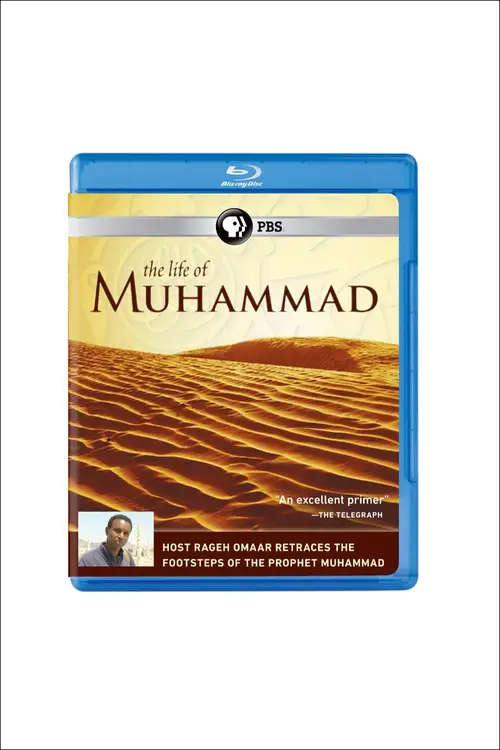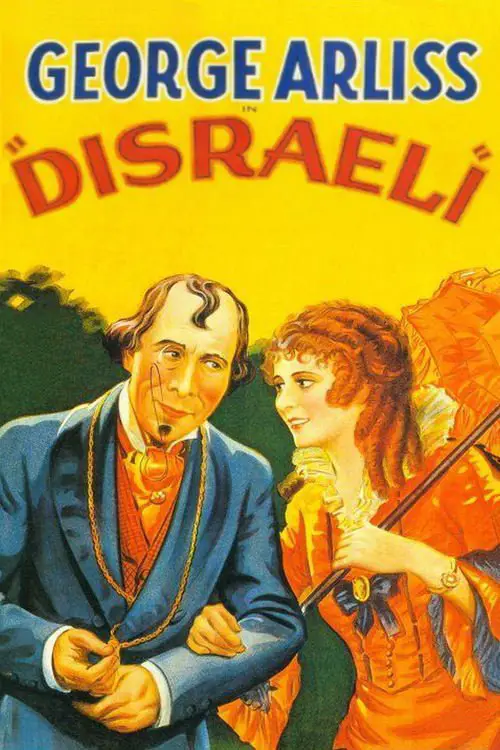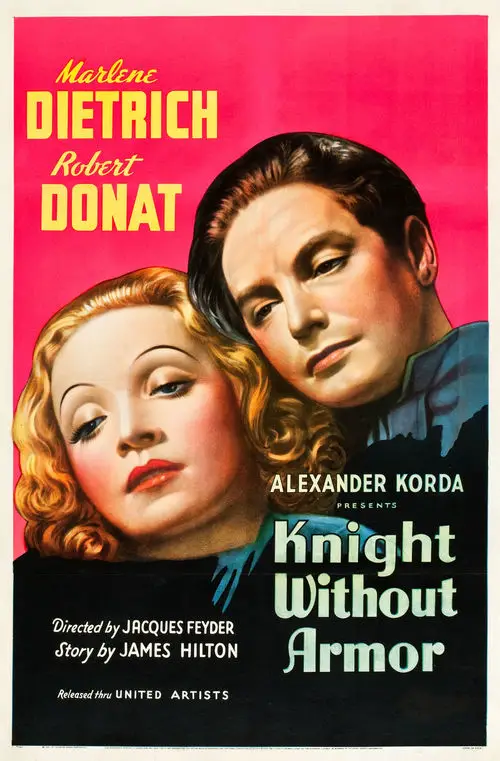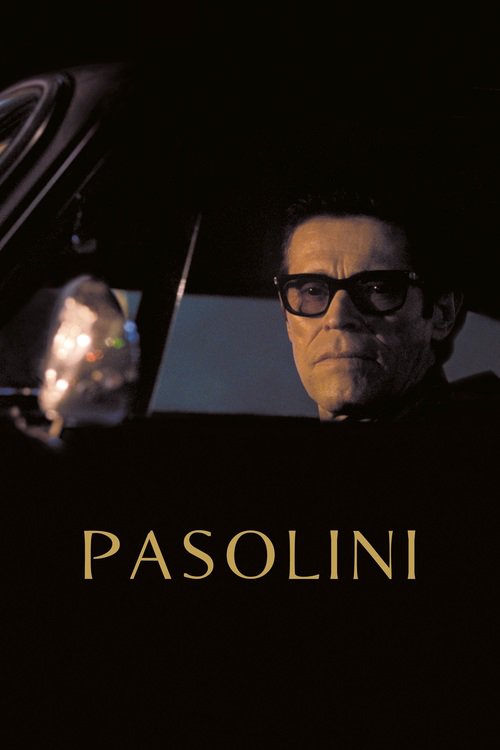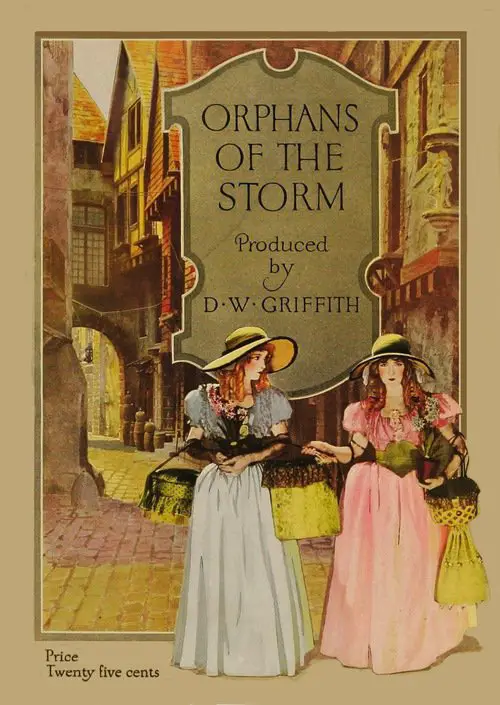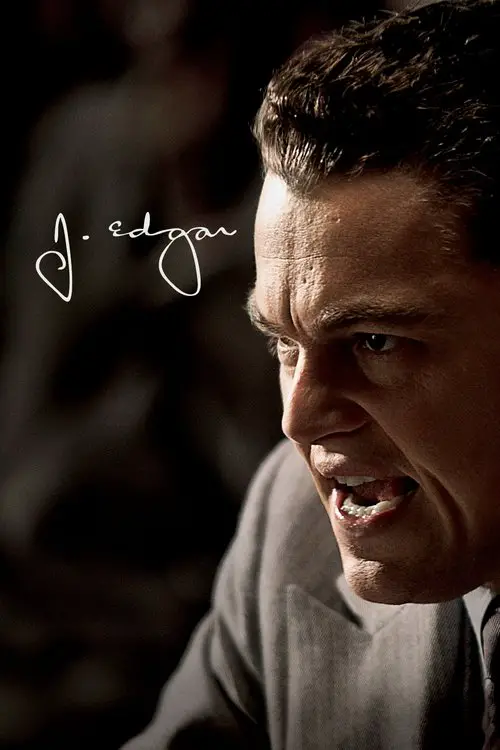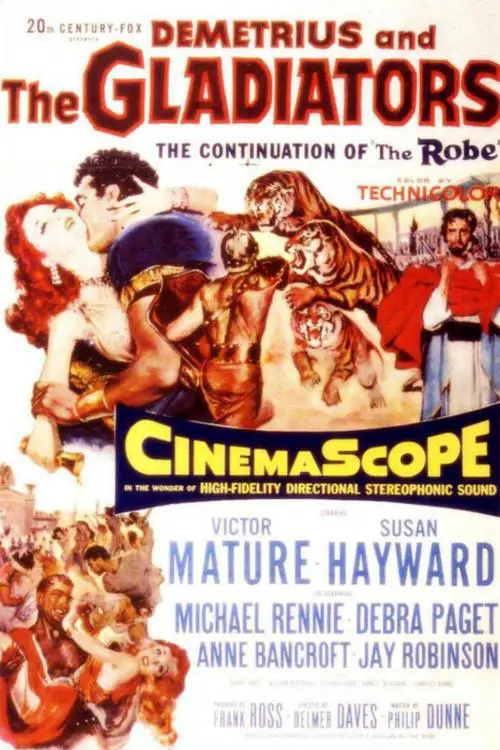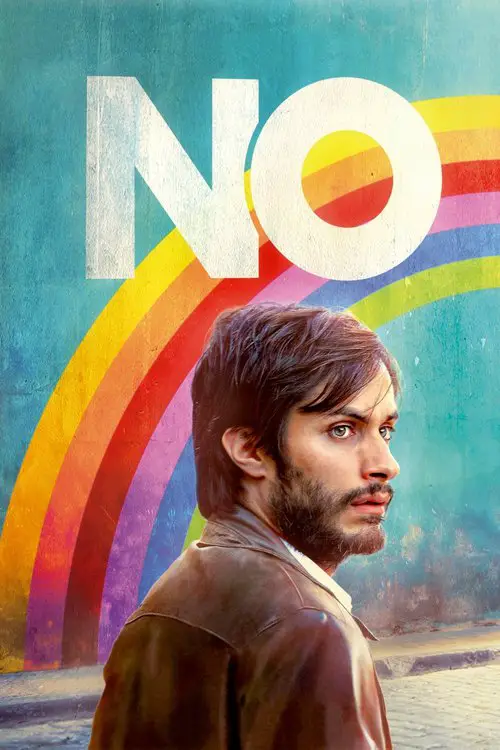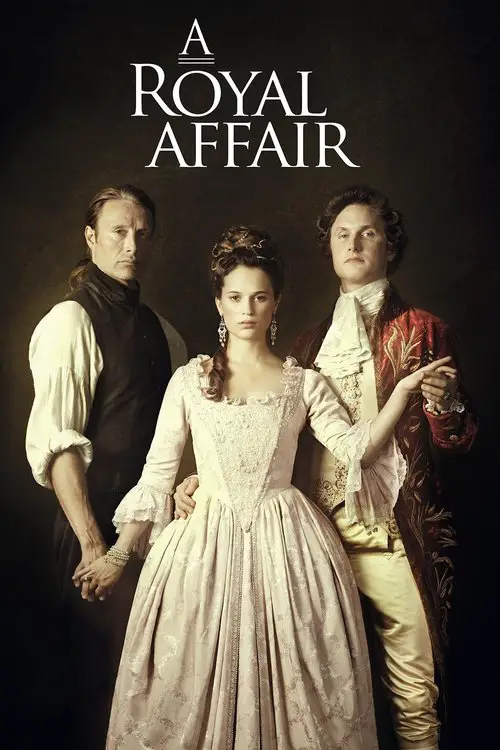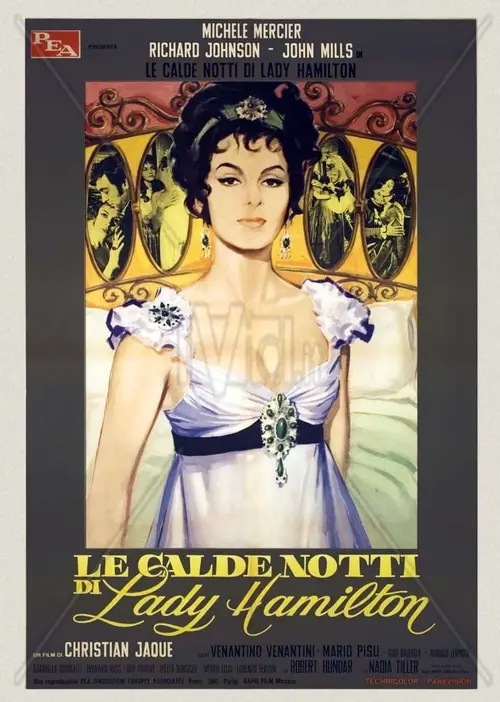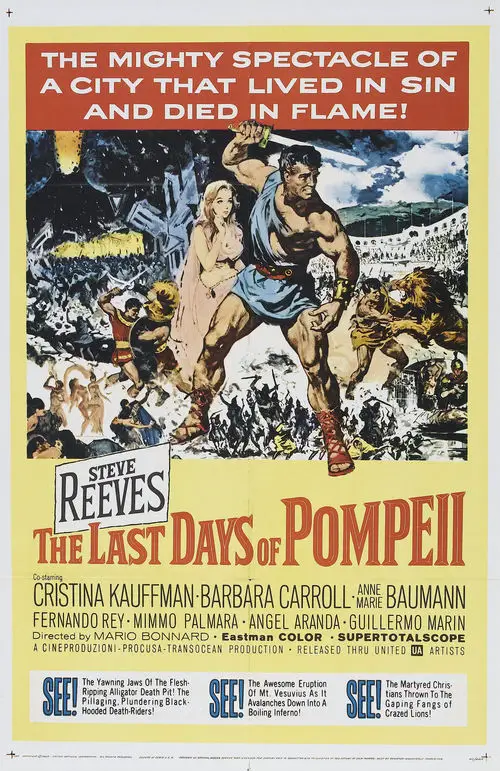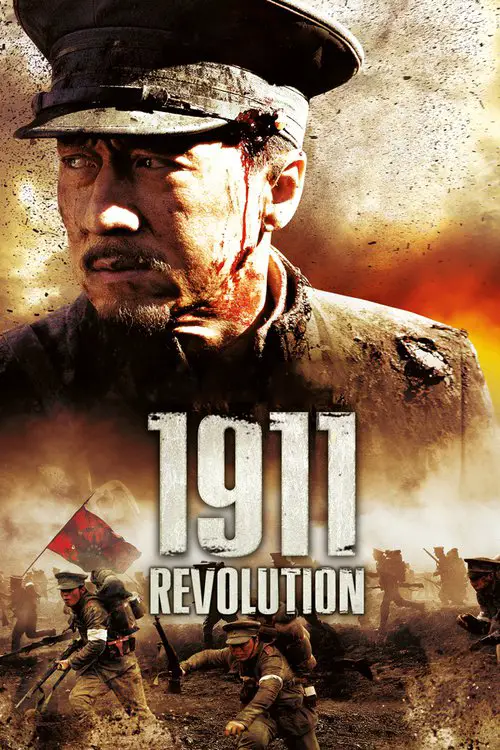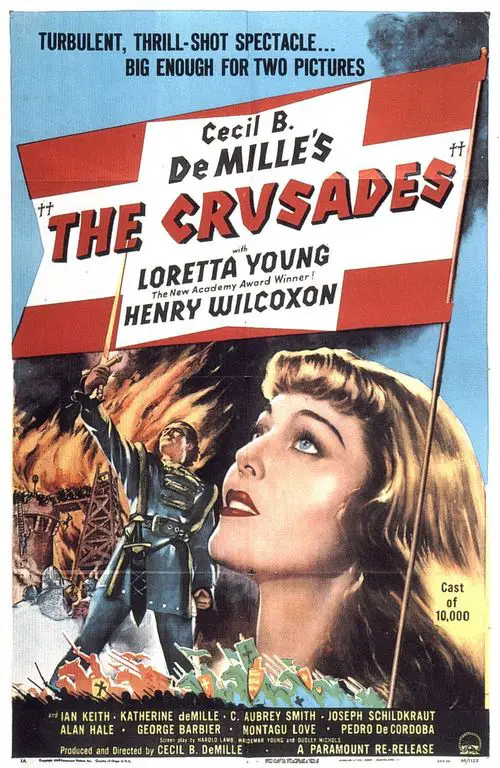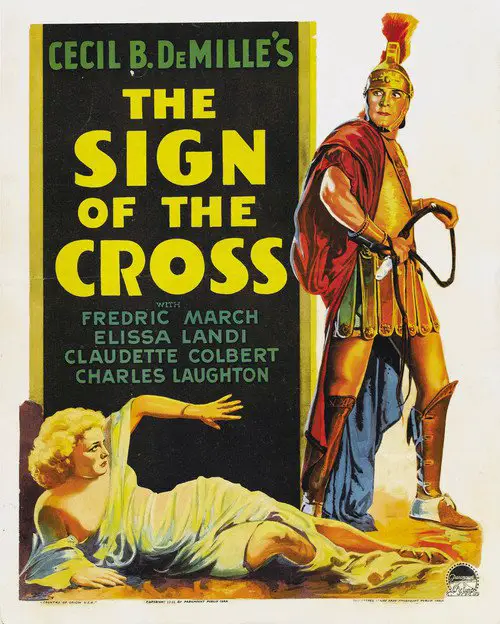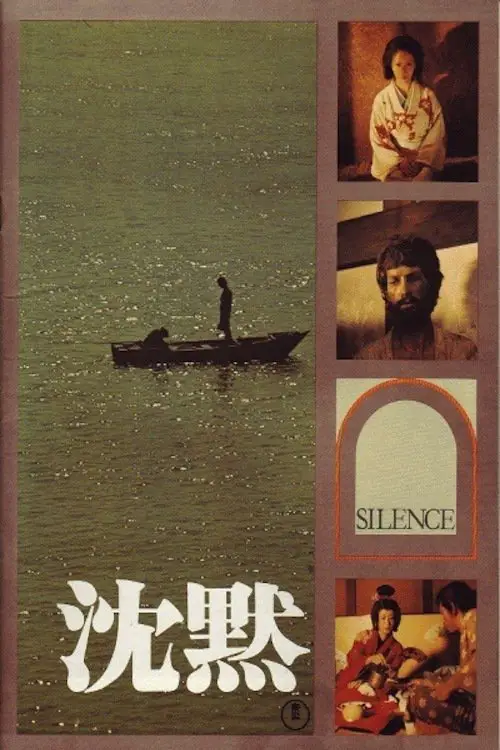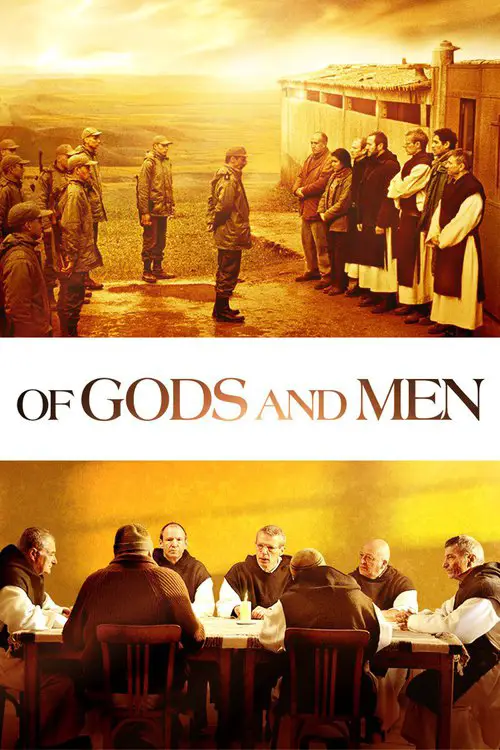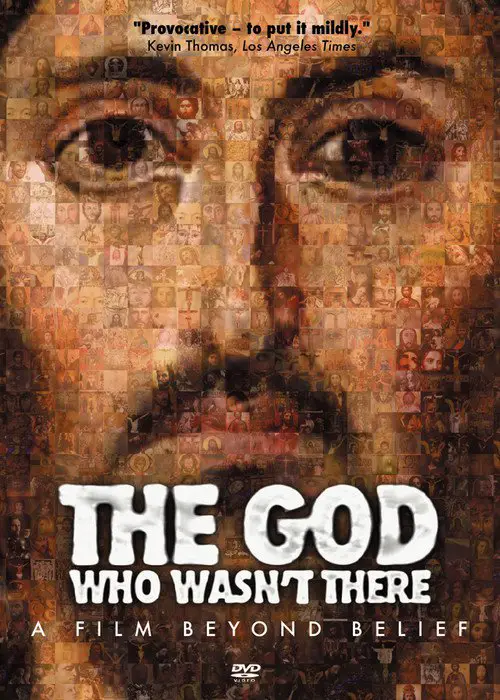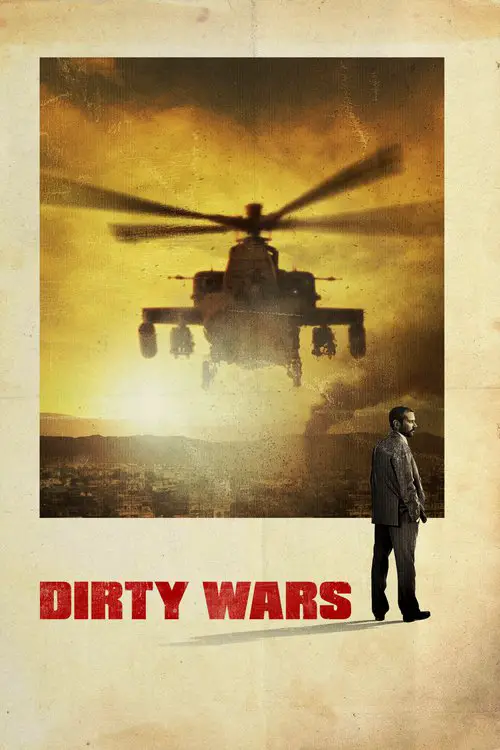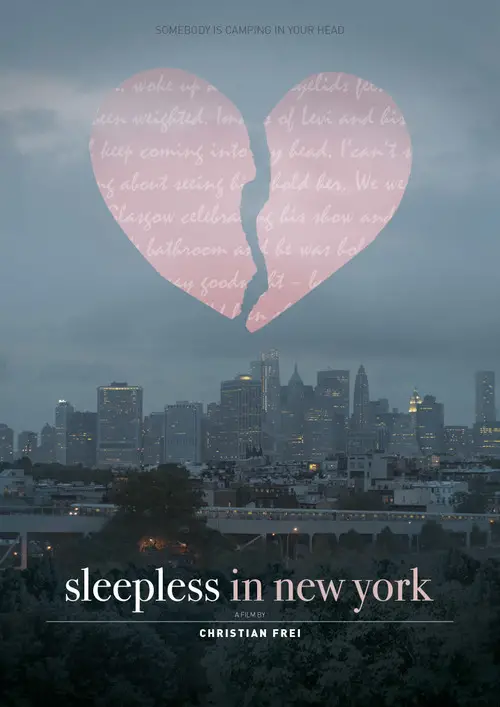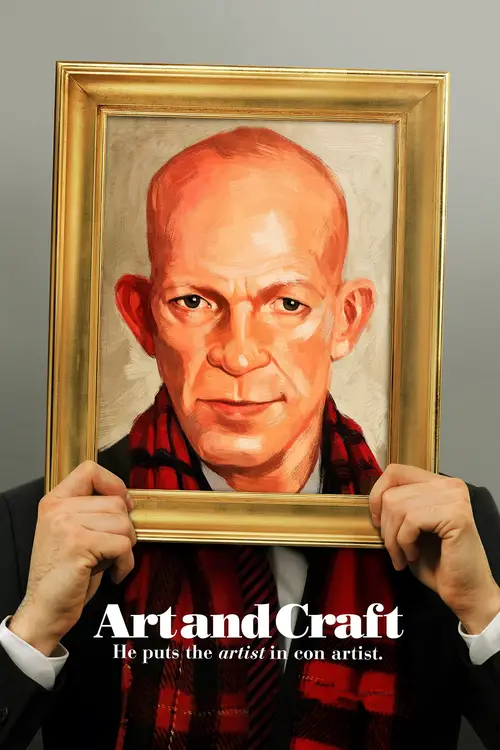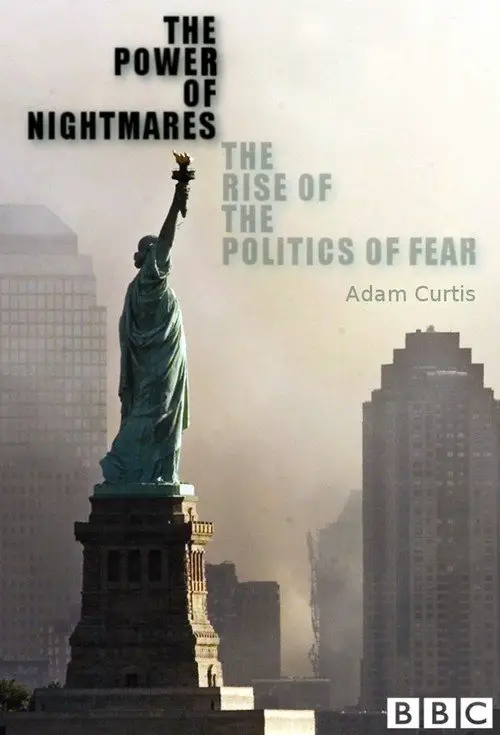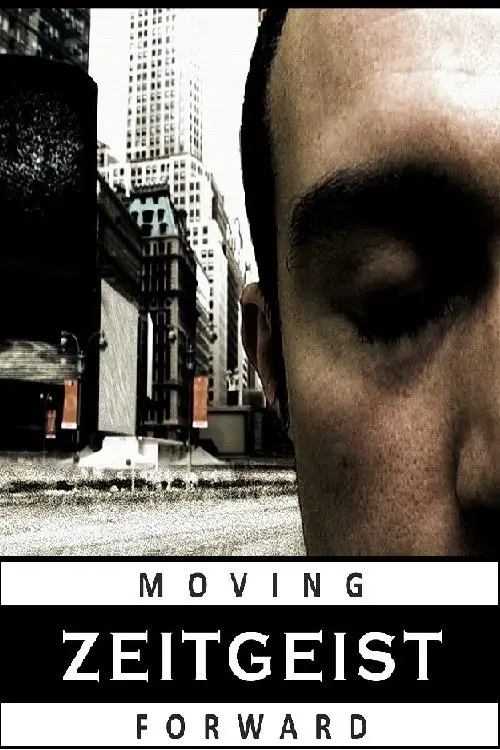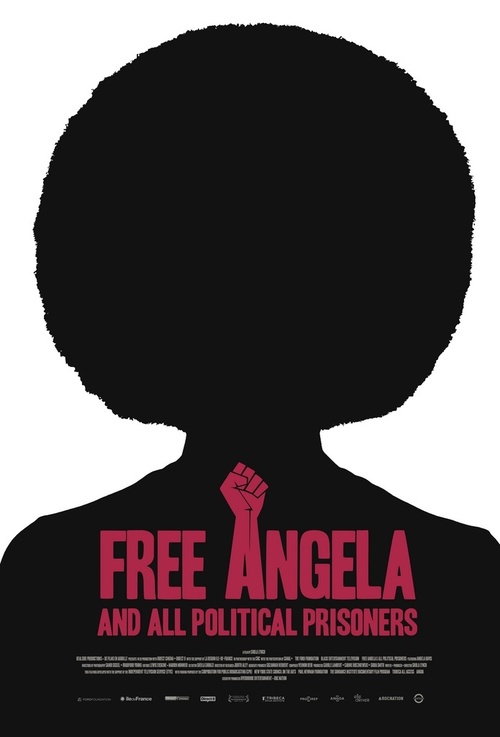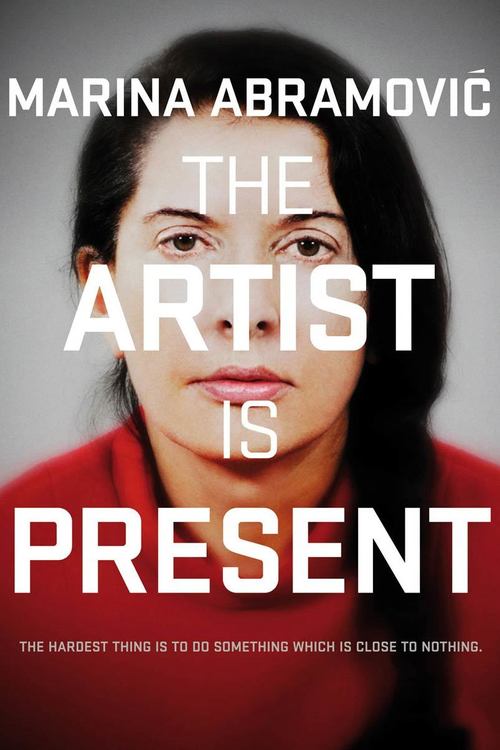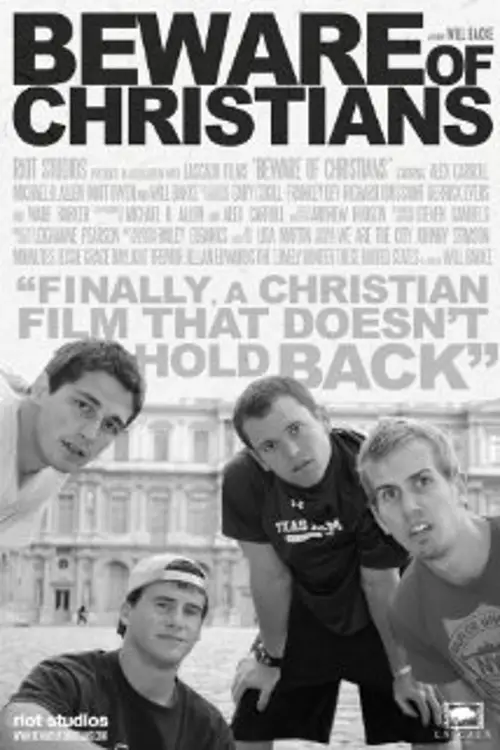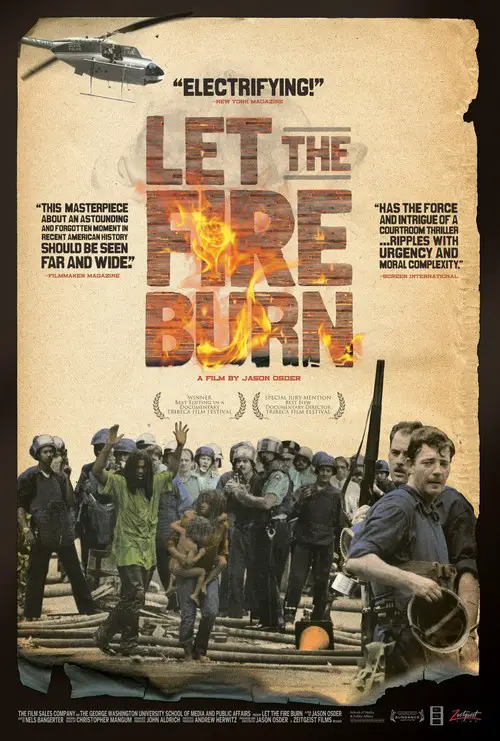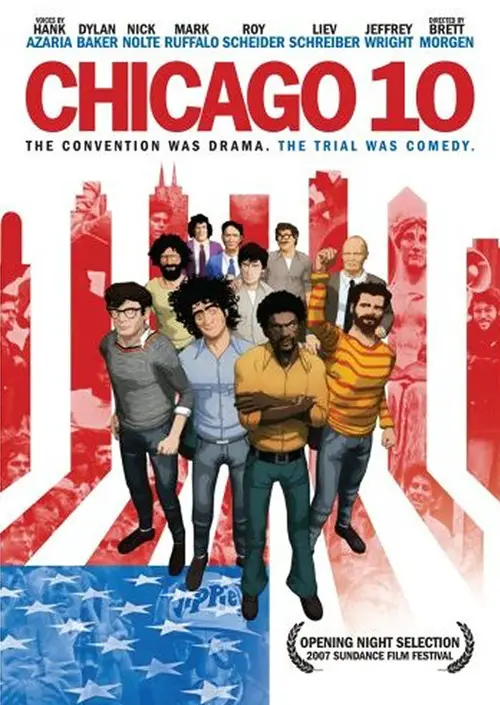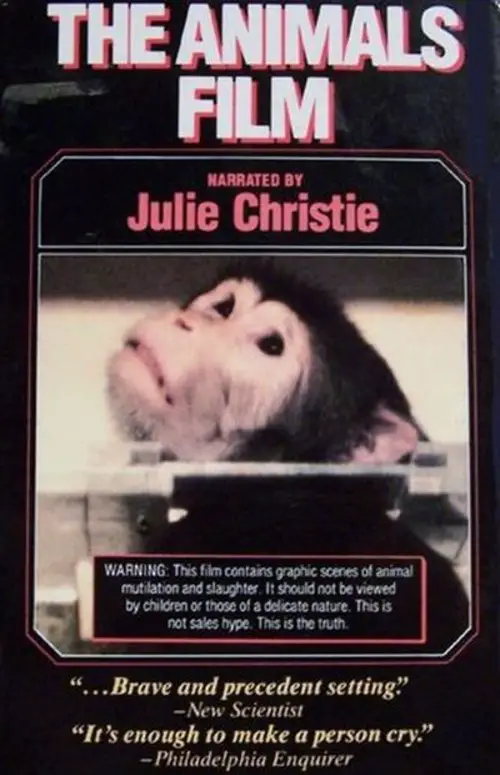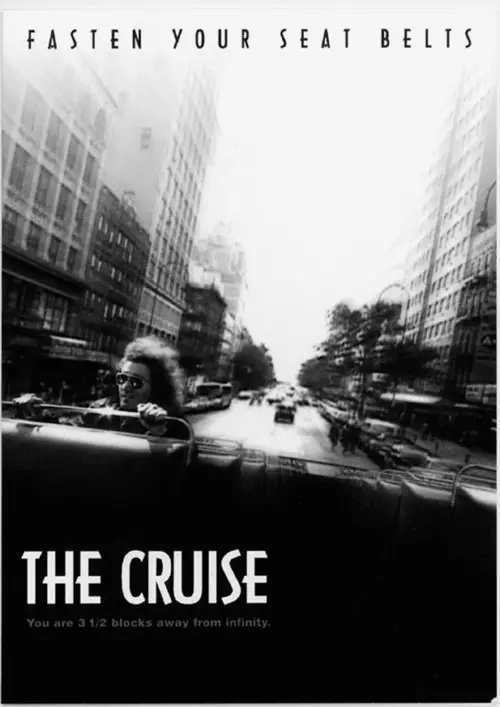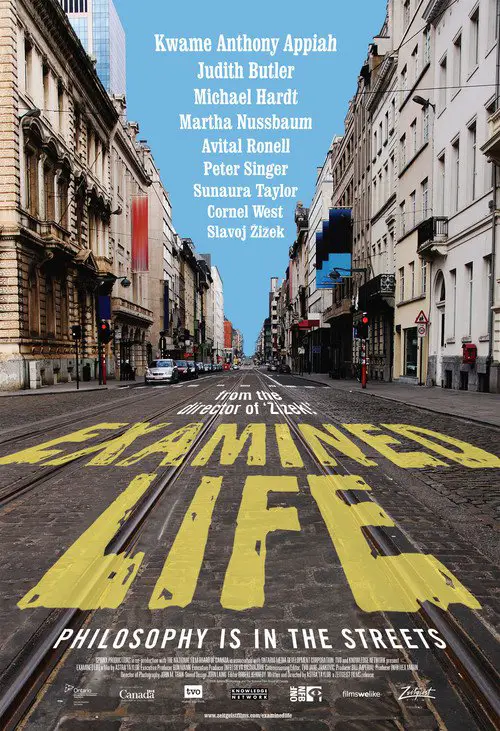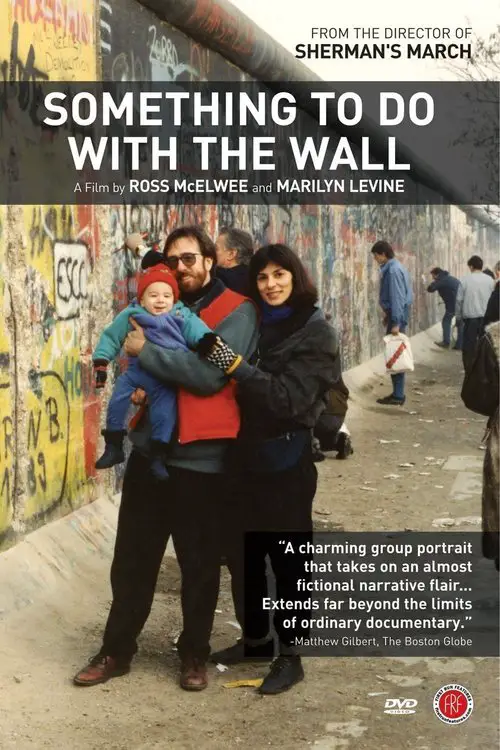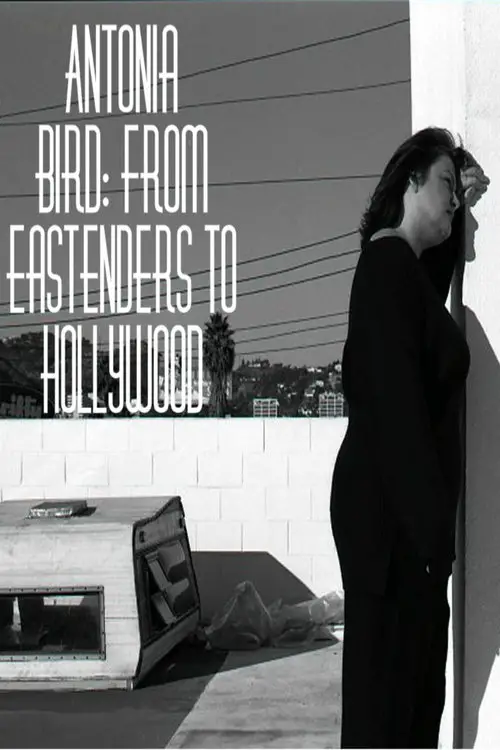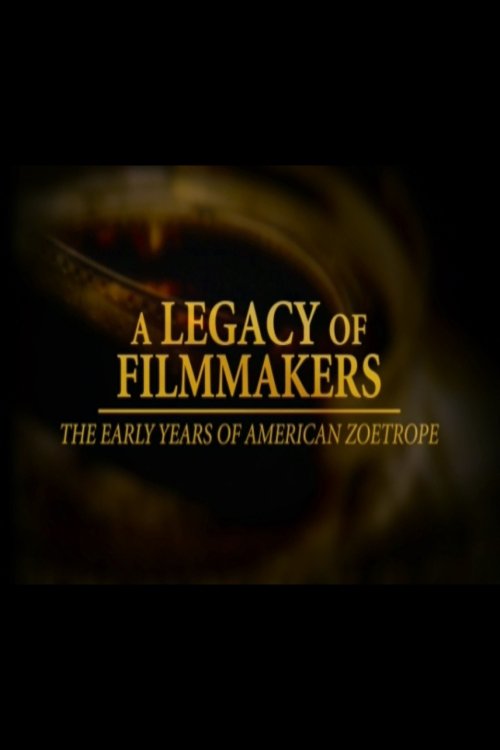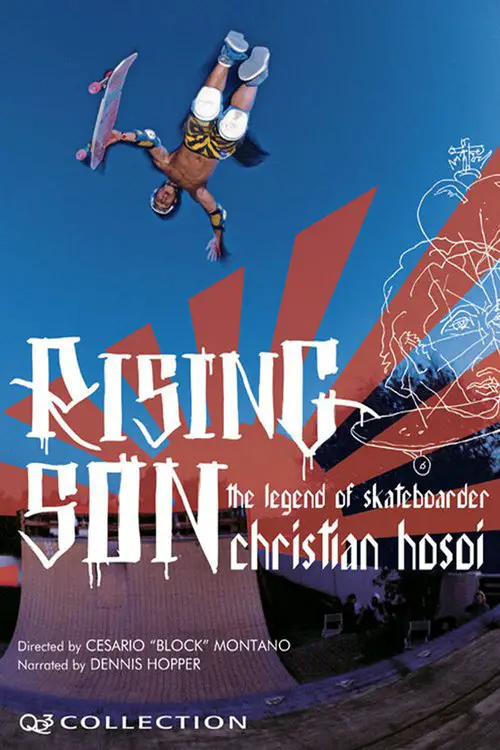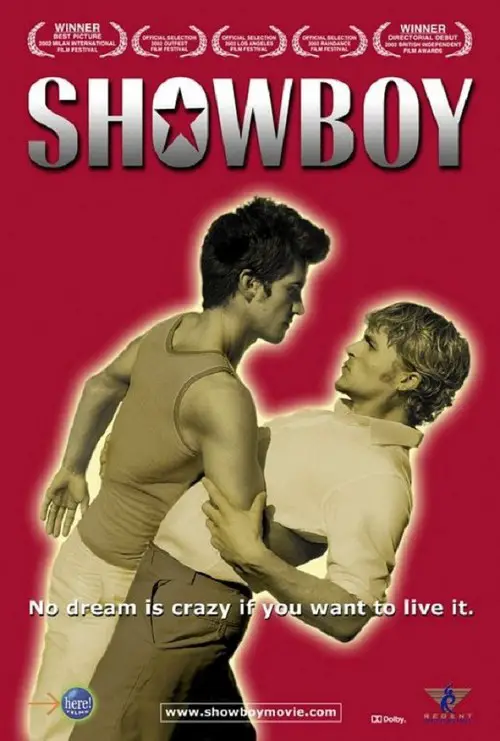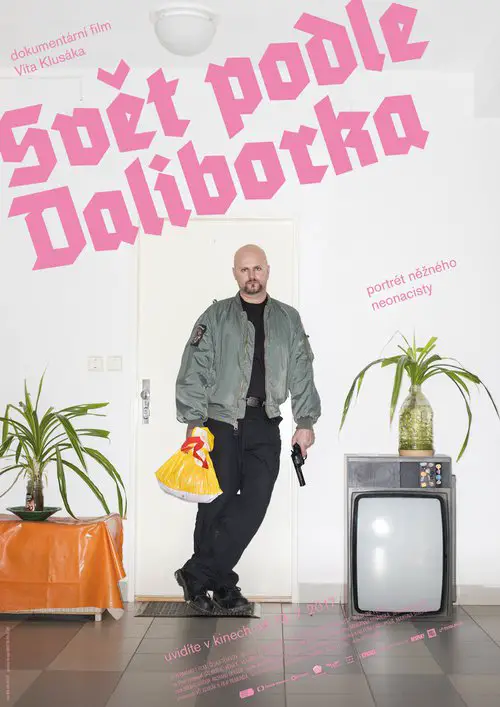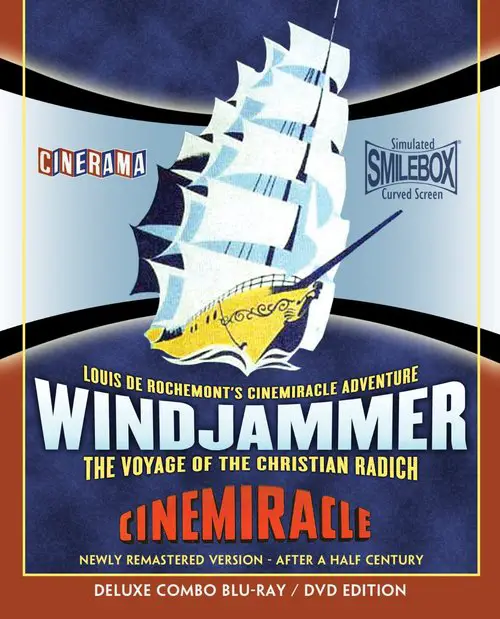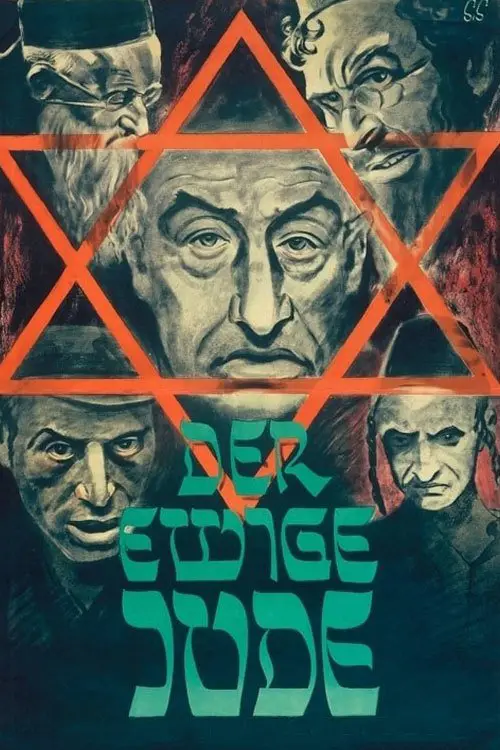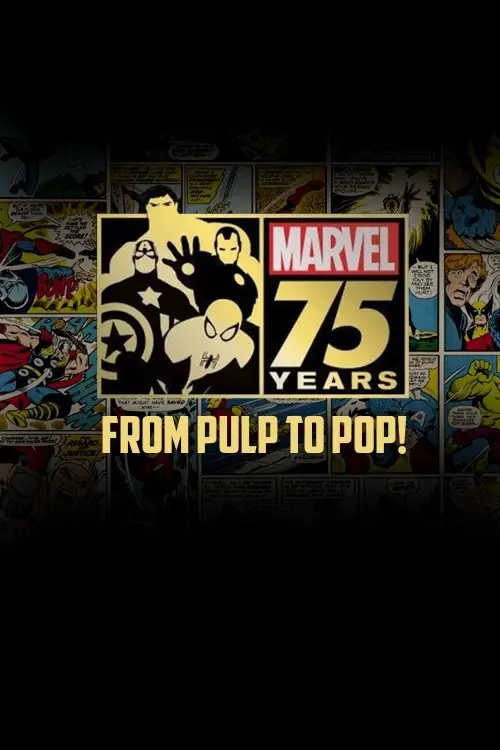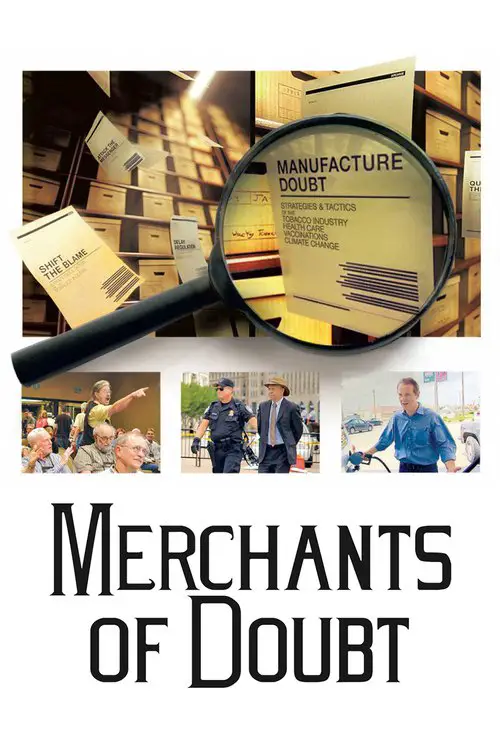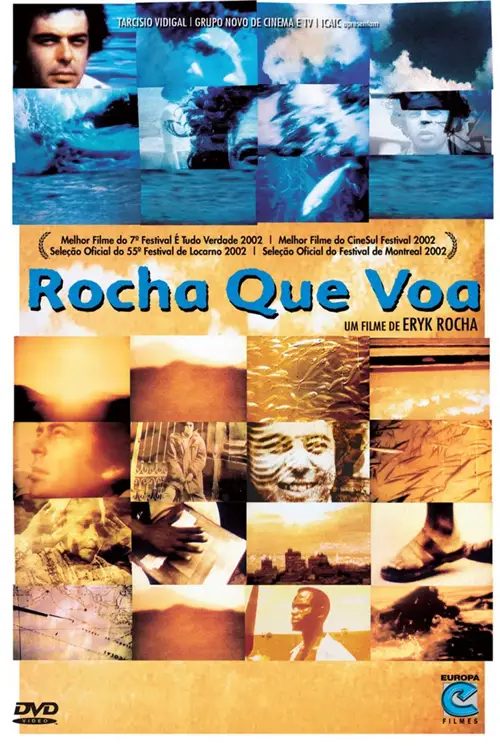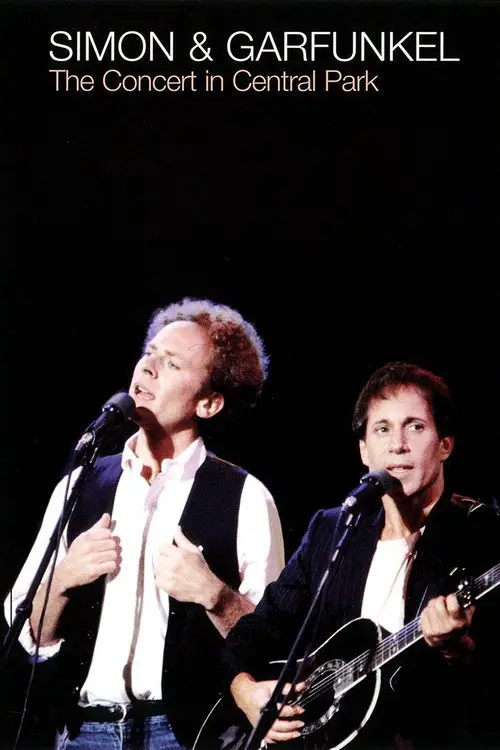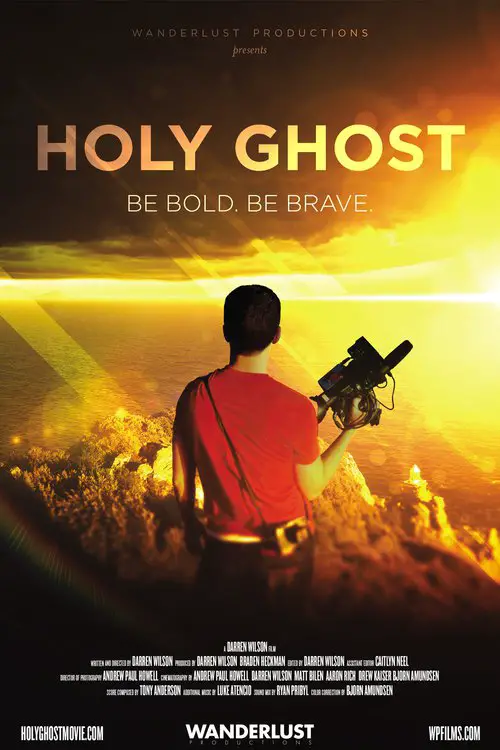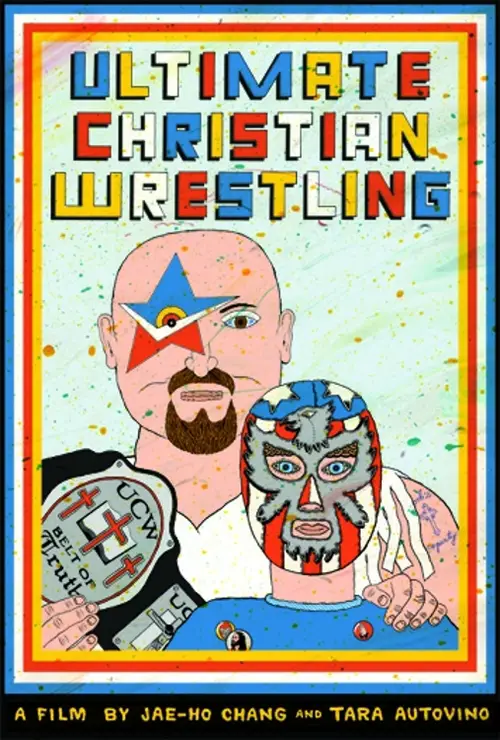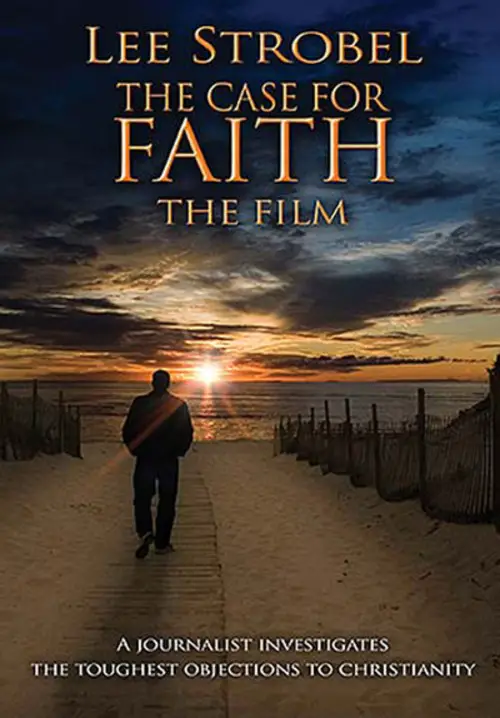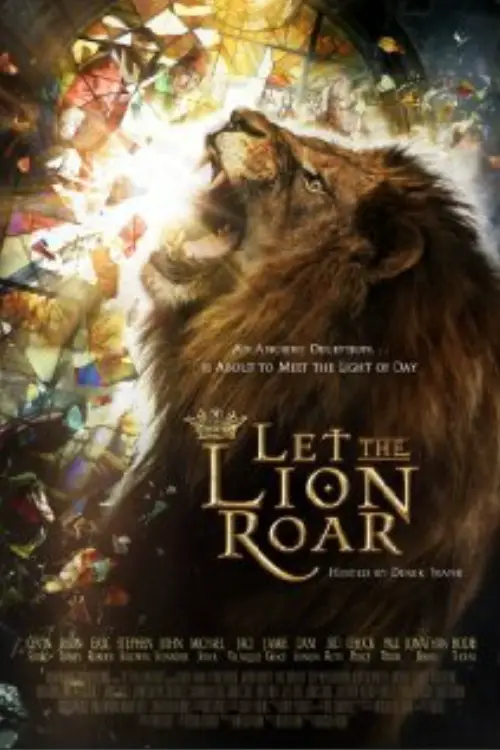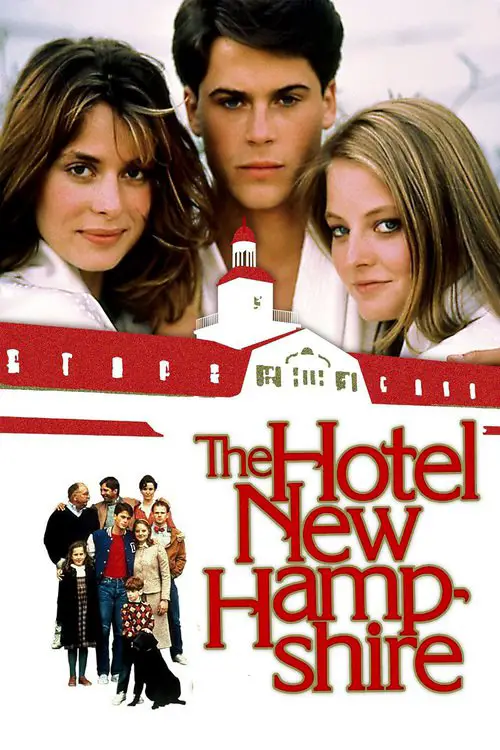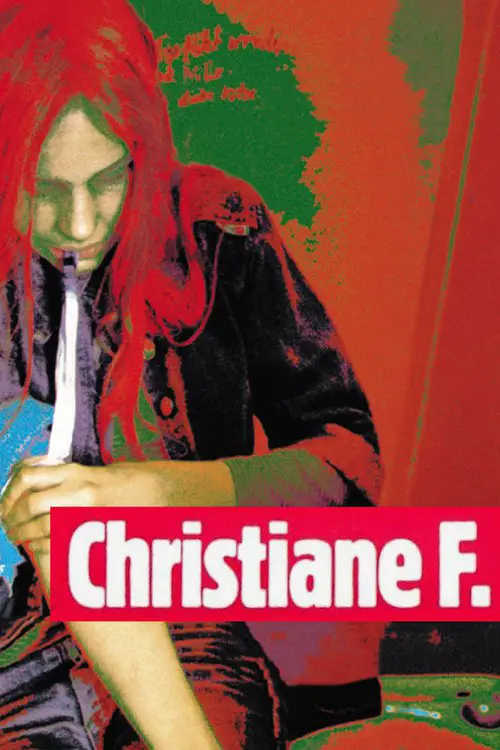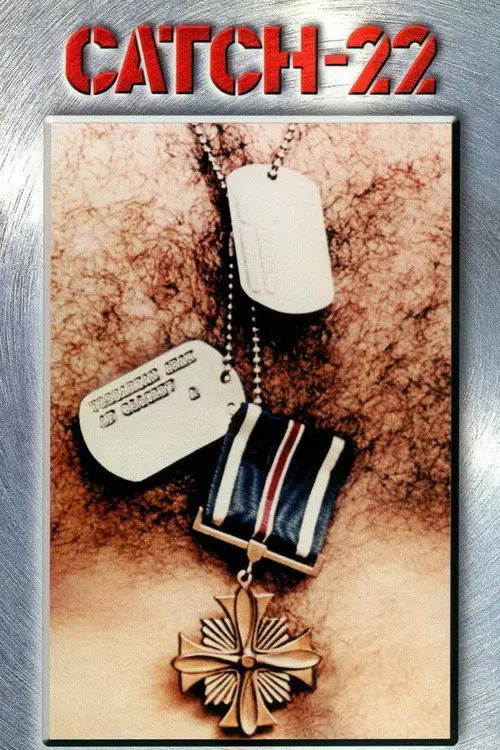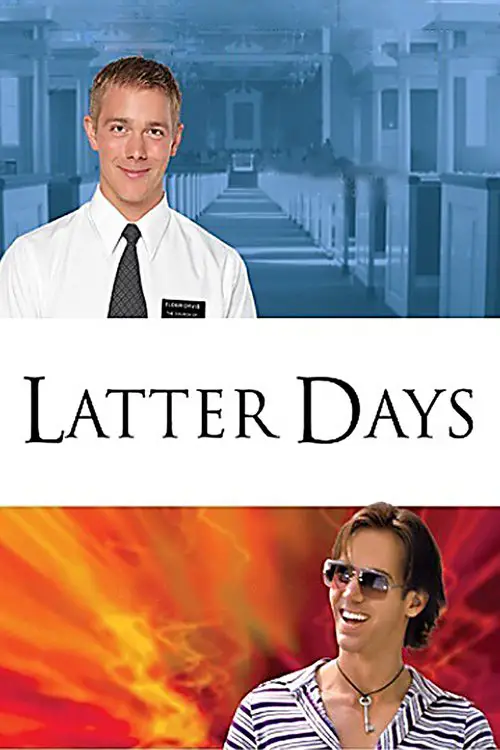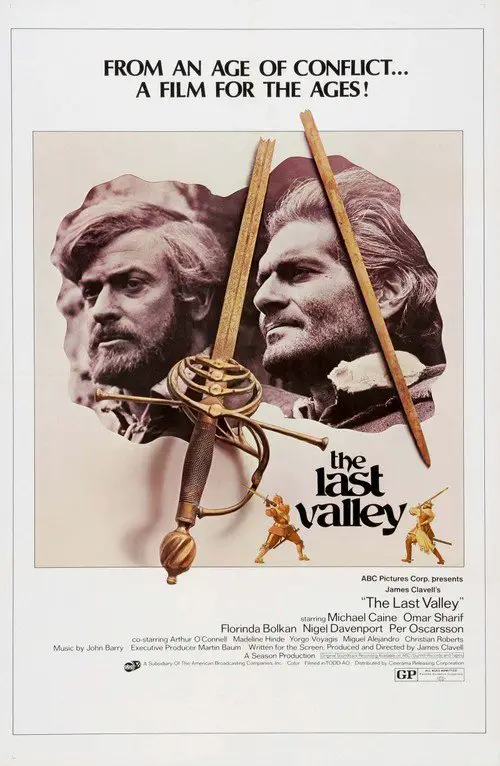The Radicals (1990)
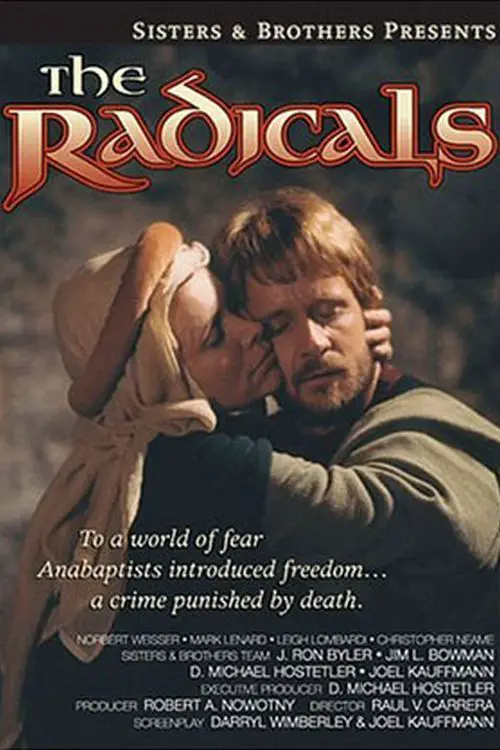
Similar movies
This movie tells the true story of John Reed, a radical American journalist around the time of World War I. He soon meets Louise Bryant, a respectable married woman, who dumps her husband for Reed and becomes an important feminist and radical in her own right. After involvement with labor and political disputes in the US, they go to Russia in time for the October Revolution in 1917, when the Communists siezed power. Inspired, they return to the US, hoping to lead a similar revolution. A particularly fascinating aspect of the movie is the inclusion of interviews with "witnesses", the real-life surviving participants in the events of the movie.
Biopic of the famed British Prime Minister focusing on his concern about Russia's growing interest in the Indian subcontinent and his attempts to buy the Suez Canal. He sees the Canal as the key strategic resource in maintaining the Empire in the East but is unpopular in many quarters. With antisemitism rife at the time, Disraeli finds little support for his plan to purchase the canal or his foreign policy in general. There is no doubt that the Russians are plotting against British interests and he is surrounded by spies, even in his office at 10 Downing St. When the Bank of England refuses to finance the purchase of the available shares he turns to private sources to raise the available cash only to find the conspirators one step ahead of him.
We are with Pasolini during the last hours of his life, as he talks with his beloved family and friends, writes, gives a brutally honest interview, shares a meal with Ninetto Davoli (Riccardo Scamarcio), and cruises for the roughest rough trade in his gun-metal gray Alfa Romeo. Over the course of the action, Pasoliniâs life and his art (represented by scenes from his films, his novel-in-progress Petrolio, and his projected film Porno-Teo-Kolossal) are constantly refracted and intermingled to the point where they become one.
Henriette and Louise, a foundling, are raised together as sisters. When Louise goes blind, Henriette swears to take care of her forever. They go to Paris to see if Louise's blindness can be cured, but are separated when an aristocrat lusts after Henriette and abducts her. Only Chevalier de Vaudrey is kind to her, and they fall in love. The French Revolution replaces the corrupt Aristocracy with the equally corrupt Robespierre. De Vaudrey, who has always been good to peasants, is condemned to death for being an aristocrat, and Henriette for harboring him. Will revolutionary hero Danton, the only voice for mercy in the new regime, be able to save them from the guillotine?
The story picks up at the point where "The Robe" ends, following the martyrdom of Diana and Marcellus. Christ's robe is conveyed to Peter for safe-keeping, but the emperor Caligula wants it back to benefit from its powers. Marcellus' former slave Demetrius seeks to prevent this, and catches the eye of Messalina, wife to Caligula's uncle Claudius. Messalina tempts Demetrius, he winds up fighting in the arena, and wavers in his faith.
The familiar story of Lieutenant Bligh, whose cruelty leads to a mutiny on his ship. This version follows both the efforts of Fletcher Christian to get his men beyond the reach of British retribution, and the epic voyage of Lieutenant Bligh to get his loyalists safely to East Timor in a tiny lifeboat.
In 1988, Chilean military dictator Augusto Pinochet, due to international pressure, is forced to call a plebiscite on his presidency. The country will vote âYesâ or âNoâ to Pinochet extending his rule for another eight years. Opposition leaders for the âNoâ vote persuade a brash young advertising executive, Rene Saavedra, to spearhead their campaign. Against all odds, with scant resources and while under scrutiny by the despotâs minions, Saavedra and his team devise an audacious plan to win the election and set Chile free.
Emma Hamilton is a 1968 historical drama film directed by Christian-Jaque and starring Michèle Mercier, Richard Johnson and John Mills.[1] It was based on the novel La San-Felice by Alexandre Dumas and depicts the love affair between Emma Hamilton and Horatio Nelson. It was a co-production between Italy, West Germany, France and the United States.
Based on the Edward Bulwer-Lytton novel. Set in the shadows of Mt. Vesuvius just before its famous eruption, the film begins with Glaucus, a Roman legionnaire, returning to his home from far-off wars. Upon arriving, however, he discovers that his father has been murdered by a gang of black-hooded looting bandits. Glaucus vows revenge against the killers, but just how high up are those involved?
At the beginning of the 20th century, China is in a state of crisis. The country is split into warring factions, the citizens are starving, and recent political reforms have made matters worse, not better. The ruling Qing Dynasty, led by a seven-year-old emperor, and his ruthless mother, Empress Dowager Longyu (Joan Chen) is completely out of touch after 250 years of unquestioned power. Huang Xing (Jackie Chan) has recently returned from Japan, where he has studied the art of modern warfare. When he finds his country falling apart, he feels he has no choice but to pick up the sword, leading an increasingly desperate series of violent rebellions against the powerful Qing Dynasty and the New Army - several with tragic consequences.
After burning Rome, Emperor Nero decides to blame the Christians, and issues the edict that they are all to be caught and sent to the arena. Two old Christians are caught, and about to be hauled off, when Marcus, the highest military official in Rome, comes upon them. When he sees their stepdaughter Mercia, he instantly falls in love with her and frees them. Marcus pursues Mercia, which gets him into trouble with Emperor (for being easy on Christians) and with the Empress, who loves him and is jealous.
French drama based on the 1996 kidnapping and killing of seven monks in Algeria. A group of Trappist monks reside in the monastery of Tibhirine in Algeria, where they live in harmony with the largely muslim population. When a bloody conflict between Algeria's army and Muslim Jihadi insurgents disrupts the peace, they are forced to consider fleeing the monastery and deserting the villagers they have ministered to. In the face of deadly violence the monks wrestle with their faith and their convictions, eventually deciding to stay and help their neighbours keep the army and the insurgents at bay.
For several decades, gifted and incredibly prolific forger Mark Landis compulsively created impeccable copies of works by a variety of major artists, donating them to institutions across the country and landing pieces on many of their walls. Art and Craft brings us into the cluttered and insular life of an unforgettable character just as he finds his foil in an equally obsessive art registrar.
Zeitgeist: Moving Forward, by director Peter Joseph, is a feature length documentary work which will present a case for a needed transition out of the current socioeconomic monetary paradigm which governs the entire world society. This subject matter will transcend the issues of cultural relativism and traditional ideology and move to relate the core, empirical "life ground" attributes of human and social survival, extrapolating those immutable natural laws into a new sustainable social paradigm called a "Resource-Based Economy".
Free Angela is a feature-length documentary about Angela Davis and the high stakes crime, political movement, and trial that catapults the 26 year-old newly appointed philosophy professor at the University of California at Los Angeles into a seventies revolutionary political icon. Nearly forty years later, and for the first time, Angela Davis speaks frankly about the actions that branded her as a terrorist and simultaneously spurred a worldwide political movement for her freedom.
A growing number of Evangelical Christians believe there is a revival underway in America that requires Christian youth to assume leadership roles in advocating the causes of their religious movement. Jesus Camp follows children at a Christian summer camp as they hone their "prophetic gifts" and are schooled in how to "take back America for Christ." The film is a first-ever look into an intense training ground that recruits born-again Christian children to become an active part of America's political future.
The film follows the artist as she prepares for what may be the most important moment of her life: a major retrospective of her work at The Museum of Modern Art in New York. To be given a retrospective at one of the world's premiere museums is, for any living artist, the most exhilarating sort of milestone. For Marina, it is far more - it is the chance to finally silence the question she has been hearing over and over again for four decades: 'But why is this art?'
Commentator-comic Bill Maher plays devil's advocate with religion as he talks to believers about their faith. Traveling around the world, Maher examines the tenets of Christianity, Judaism and Islam and raises questions about homosexuality, proof of Christ's existence, Jewish Sabbath laws, violent Muslim extremists.
Jason Osder makes an impressive feature film debut through his unbiased and thorough account of the incidents leading up to and during the 1985 standoff between the extremist African-American organization MOVE and Philadelphia authorities. The dramatic clash claimed eleven lives and literally and figuratively devastated an entire community. Let the Fire Burn is a real-life Wild West story absent the luxury of identifying its heroes by the color of their hats.
Affectionate portrait of Tim "Speed" Levitch, a tour guide for Manhattan's Gray Line double-decker buses. He talks fast, is in love with the city, and dispenses historical facts, architectural analysis, and philosophical musings in equal measures. He's reflective and funny about cruising: he loves it, got in it to meet women, and he'd quit work if he could. His personal life is disclosed in small
Examined Life pulls philosophy out of academic journals and classrooms, and puts it back on the streets. Offering privileged moments with great thinkers from fields ranging from moral philosophy to cultural theory, Examined Life reveals philosophy's power to transform the way we see the world around us and imagine our place in it.
In 1986, Ross McElwee (Sherman's March) and Marilyn Levine were making a film about the 25th anniversary of the Berlin Wall, when the imposing structure was still very much intact as the worldâs most visible symbol of hardline Communism and Cold War lore. They thought they were making a documentary on the community of tourists, soldiers, and West Berliners who lived in the seemingly eternal presence of the graffiti emblazoned eyesore. But in 1989, as the original film neared completion, the Wall came down, and McElwee and Levine returned to Berlin, this time to capture the radically different atmosphere of the reunified city.
In this new documentary, Susan Kemp explores the life and work of the great British director Antonia Bird, who died in 2013. Bird blazed a trail from the radical hotbed of the Royal Court Theatre in the 70s, via the groundbreaking early days of EastEnders and Casualty in the 80s, all the way to Hollywood in the 90s and back again. She always had something urgent to say, but her career was a long struggle to get her voice heard. Featuring many of her close collaborators, including Robert Carlyle, Irvine Welsh, Kate Hardie and Mark Cousins, this documentary is the first to examine Birdâs legacy, and to place her where she belongs â among the most important British film, TV and theatre directors of her era.
Christian Taylor, a writer on hit TV series Six Feet Under, is being profiled by a British documentary crew when he's sacked, though he doesn't know they've overheard the firing. They follow him to Las Vegas, where he is ostensibly doing "research" for the next season, but is actually pursuing a dream to become a dancer in a Vegas show.
A stylized portrait of an authentic Czech neo-Nazi, who hates his life but doesnât know what to change. Corrosively absurd and starkly chilling in equal measure, this tragicomedy investigates the radical worldview of âdecent, ordinary people.â And just when it seems that its message canât get any more urgent, the film culminates in a totally uncompromising way.
The Jews of Poland (invaded by Germany in 1939) are depicted as filthy, evil, corrupt, and intent on world domination. Street scenes are shown prejudicially, along with clips from Jewish cinema of the day and photos of Jewish celebrities, while the narrator "explains" the Jewish problem. The climax and resolution of the film is Hitler's 1939 announcement that the Jewish race will meet its "annihilation" (Vernichtung).
In celebration of the publisher's 75th anniversary, the hour-long special will take a detailed look at the company's journey from fledgling comics publisher to multi-media juggernaut. Hosted by Emily VanCamp (S.H.I.E.L.D. Agent Sharon Carter), the documentary-style feature will include interviews with comic book icons, pop culture authorities, and Hollywood stars. The special also promises an "extraordinary peek into Marvel's future!" Might Marvel release the first official footage from next year's Avengers: Age of Ultron or Ant-Man? If they do, you'll know about it here.
The Concert in Central Park is a live album by Simon & Garfunkel. On September 19, 1981 the folk-rock duo reunited for a free concert on the Great Lawn of New York's Central Park attended by more than 500,000 people. They released a live album from the concert the following March (Warner Brothers LP 2BSK 3654; CD 3654). It was arranged by Paul Simon and Dave Grusin, and produced by Paul Simon, Art Garfunkel, Phil Ramone and Roy Halee. The concert was also shot on videotape, televised by HBO in 1982, and subsequently released on various home video formats. The VHS and DVD contain two songs that were omitted from the live album: "The Late Great Johnny Ace" and "Late in the Evening (Reprise)". "Johnny Ace" was disrupted by a fan rushing the stage who came very close to attacking Paul. This incident was both frightening and coincidental, as the song is an elegy upon the murder of John Lennon just one year earlier.
Can the Holy Spirit direct a movie? In this fast-paced documentary from the director of the popular films Finger of God, Furious Love, and Father of Lights, Darren Wilson sets out to make a movie that is completely led by the Holy Spirit. No plan, no script, no safety net--just go wherever he feels the Spirit leading him to try and discover the adventure God has for him. Whether it's the riches of Monte Carlo, a heavy metal concert, or the oldest city in the world, the result is a film that not only challenges and excites, but also reveals a God who is far more alive and active than you ever imagined.
Why would two New York-based filmmakers dedicate five years of their lives to following three white, Jesus-loving, spandex-clad men from the Bible Belt, particularly when the world of documentary filmmaking has generated its fair share of films concerning sensationalistic religious expression and contact sports in recent years? Because it's not about wrestling, and it's not about Jesus. Against a bizarre and entertaining backdrop, and through a motley cast of characters, we are reminded of what connects us all, lest we forget what it means to be human.
This movie portrays the drug scene in Berlin in the 70s, following tape recordings of Christiane F. 14 years old Christiane lives with her mother and little sister in a typical multi-storey apartment building in Berlin. She's fascinated by the 'Sound', a new disco with most modern equipment. Although she's legally too young, she asks a friend to take her. There she meets Detlef, who's in a clique where everybody's on drugs. Step by step she gets drawn deeper into the scene.
Aaron Davis (Steve Sandvoss) and Christian Markelli (Wes Ramsey) are the two most opposite people in the world. Aaron is a young Elder (or a Mormon missionary) who wants to do his family proud and is quite passionate about his religion and film. Christian is a shallow WeHo waiter/party boy who only looks forward to bedding a new guy every night.
© Valossa 2015–2026
| Privacy Policy
